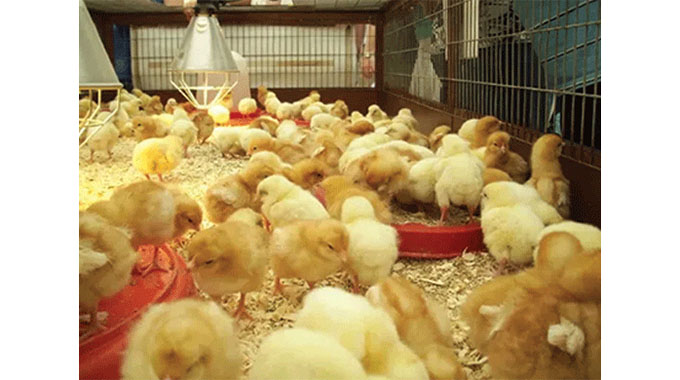Mash East, West register success in fruit fly eradication strategy

Monalisa Chikwengo
REPRESENTATIVES from four SADC countries – Zimbabwe, Mozambique, Zambia and Malawi – held a two-day workshop in Harare, which ended yesterday with presentations on how their respective countries had performed during a joint project to eradicate the invasive fruit fly (Bactrocera dorsalis) from the region.
The project, which commenced in 2019 was funded by the International Development Research Centre (IDRC) and the Australian Centre for International Agricultural Research (ACIAR) and partnered with the International Centre of Insect Physiology and Ecology (ICIPE) has helped to improve food and nutrition security across Eastern and Southern Africa.
Zimbabwe’s Lands, Agriculture, Fisheries, Water and Rural Development Deputy Minister Vangelis Haritatos revealed that the country had performed very well with Mashonaland West and East provinces recording huge successes in the adoption of the integrated pest management (IPM) strategy that is expected to control the menace of the alien invasive fruit fly on mango fruits.
He said the IPM strategy had yielded positive results in districts such as Mutoko, Murehwa (Mashonaland East) and Zvimba district (Mashonaland West), which constitute the country’s top mango-producing localities.
“The country foresees increased sustainability of mango production for food and nutrition security through the adoption, dissemination and scaling up of proven fruit fly IPM technologies in the stated districts and other parts of the country where mangoes are produced,” Dep Min Haritatos said.
Agricultural Research, Innovation and Development Directorate (ARIDD) principal plant quarantine officer Ms Louisa Makumbe said training of trainers on the different approaches to the IPM, budding and grafting to create new nurseries for mangoes was conducted by experts from ICIPE in 2020 and was targeting lead farmers and extension personnel who were expected to later impart the knowledge to mango farmers.
“To date, over 2 686 females and 2 216 males have been trained,” said Ms Makumbe.
In 2022, the Government expanded the project to cover the transfer-of-technology on mango and citrus budding and grafting, which saw over 1 700 farmers receiving training.
“The number of mango trees counted at the end of the project had increased six percent to 149 316 from 140 919 in Murehwa and Mutoko district project sites,” she said.
Horticulture expert and agricultural extension officer for Murehwa District, Mr Tichaona Mamhunze told The Herald that they had been training farmers on the fruit fly mainstreaming through awareness campaigns and field days throughout his district.
“At district level, agricultural extension officers conducted field days at ward level with 250 field days expected in a normal year across all project sites,” he said.
Testifying on the adoption of IPM strategies, a farmer from Mhondiwa Village of Ward 9 in Murehwa district, Mrs Pelegrina Musingwini said: “I developed an orchard of enhanced mangoes, and my income has increased. My family can now afford three decent meals a day. I made my own drier for drying mango fruit and also bought a gas stove, which has improved my social welfare.”









Comments